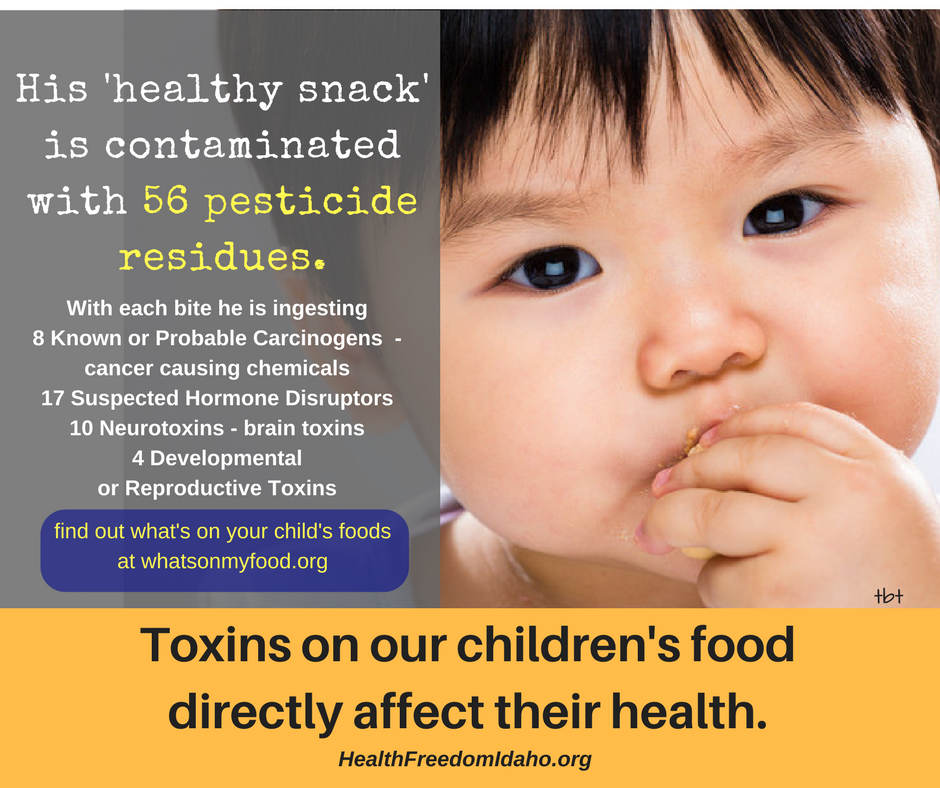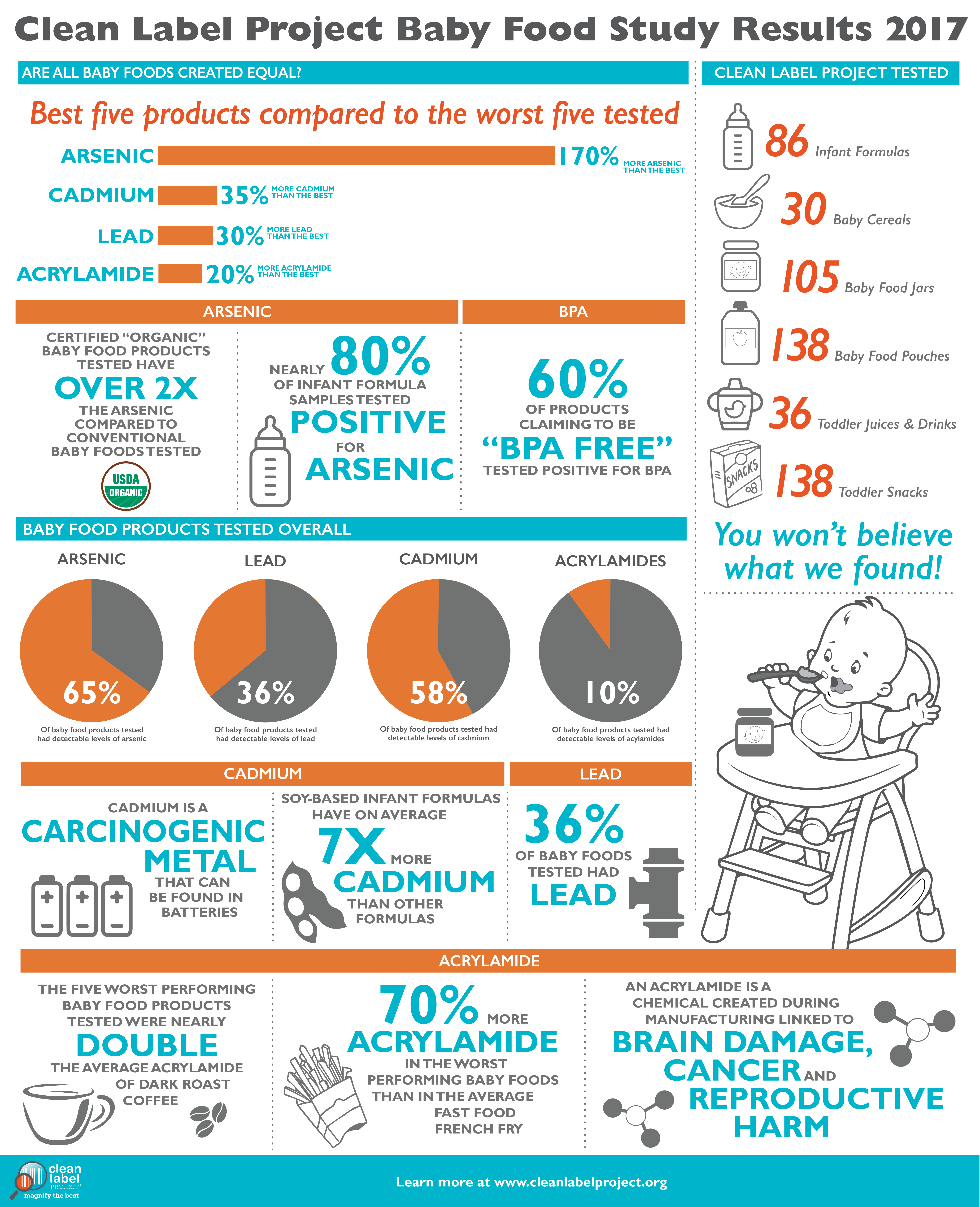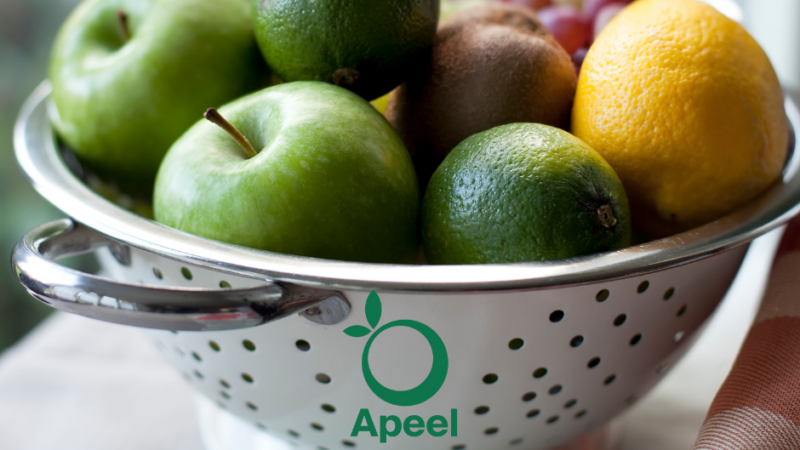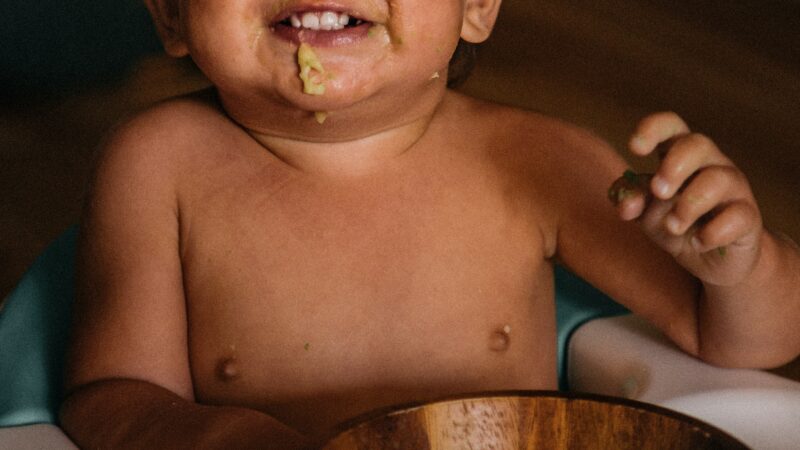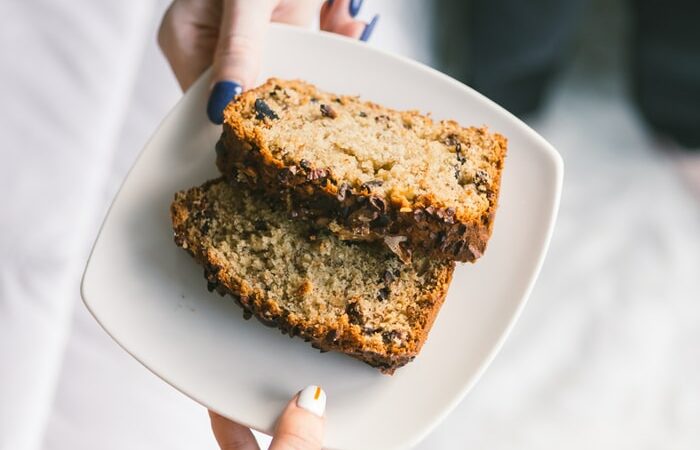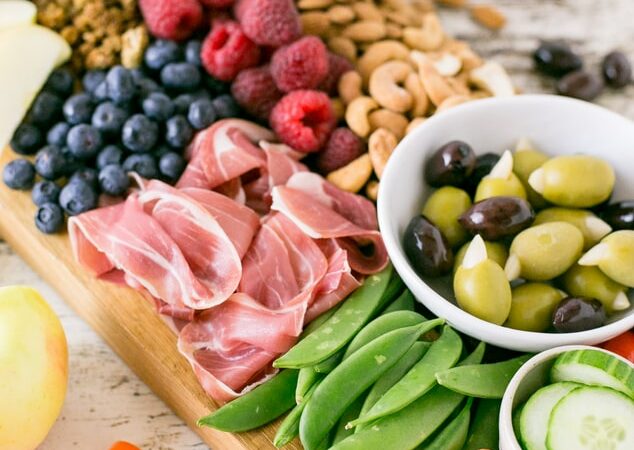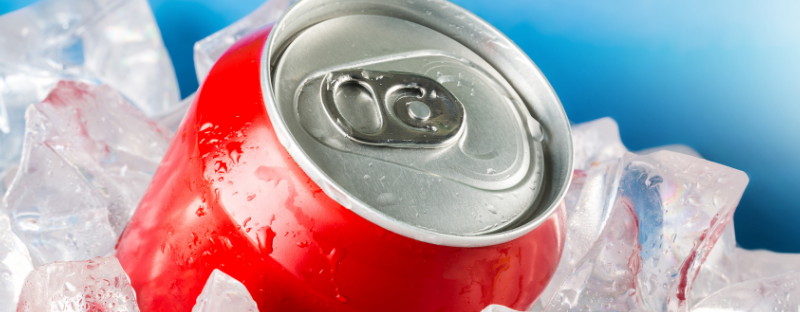Organic Baby Foods Test Positive for dangerous contaminants
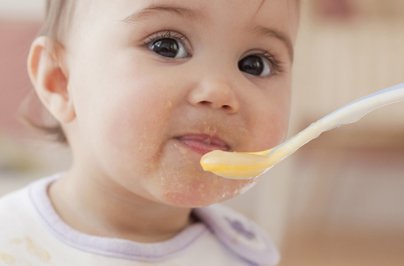
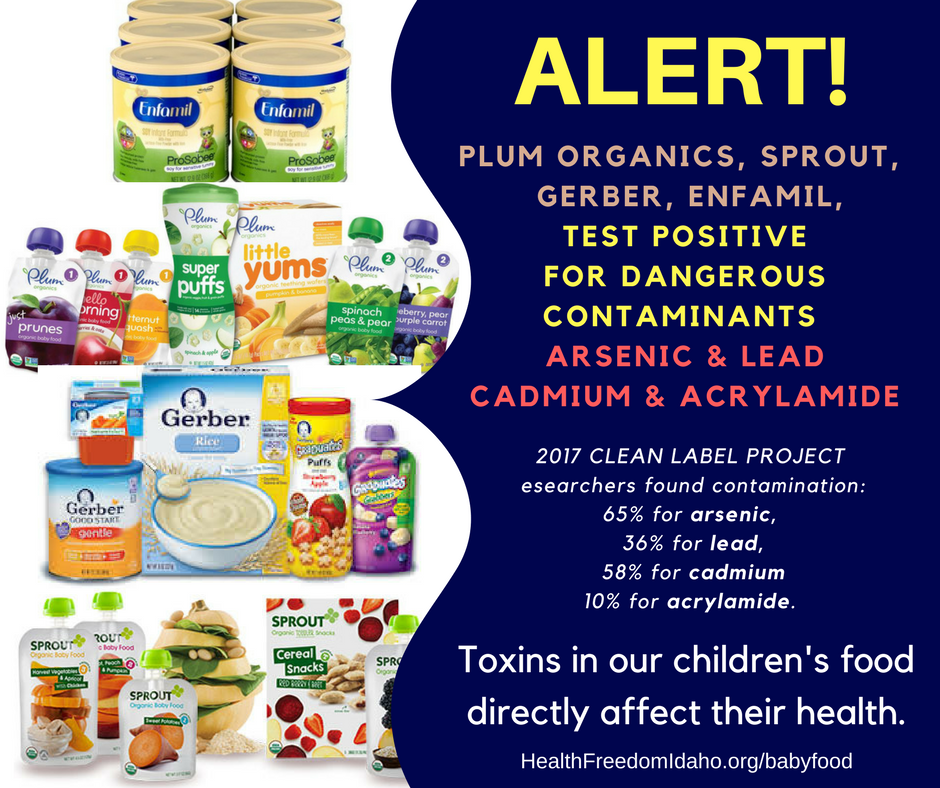
Exceprts from the USA Today Article:
Jennifer Lowry, pediatrician and toxicologist at Children’s Mercy Hospital in Kansas City, Mo., who is not affiliated with the research, said these chemicals can affect fine motor skills and cognition.
Mainstream brands including Gerber, Enfamil, Plum Organics and Sprout were among the worst offenders — scoring two out of five in the Clean Label Project’s report card for toxic metals. Plus, 60% of products claiming to be “BPA free” tested positive for the industrial chemical bisphenol A. The quantities of contaminates range, but some products tested positive for up to 600 parts of arsenic per billion. That’s far more than just trace amounts.
Arsenic was the most common contaminant spotted in the Clean Label Project study. Nearly 80% of infant formula samples tested positive for arsenic. The toxin is associated with developmental defects, cardiovascular disease, neurotoxicity, diabetes and even cancer, according to the World Health Organization.
Lead, also found in food tested by the Clean Label Project, has been found in baby food before.
Just a few months ago, the Environmental Defense Fund found 20% of 2,164 baby food samples tested contained lead.
No amount of lead is safe, but it’s not regulated.Low levels of lead in children’s blood have been connected to lower IQs, slowed growth, behavioral problems, hearing issues and anemia, according to the Environmental Protection Agency.
The Clean Label Project posted a list of products it tested, along with a star-rating grade informed by the California Office of Environmental Health Hazard Assessment, on its website. Bowen said she hopes the data helps parents become better advocates for their children’s health, and creates change in the baby food business.
Cominated baby food isn’t a new topic. This knowledge was brought to light in August 2017 during the Health Freedom Idaho sponsored event the Children’s March in Boise. Families were made aware of another organization Pesticide Action Network and their searchable database What’s On My Food? It is designed to make the public problem of pesticide exposure visible and more understandable.
Pesticides
…on our food, even after washing;
…in our bodies, for years;
…& in our environment, traveling many miles on wind, water and dust.
How do we protect our children from exposure?
Seek out pesticide free foods, shop local sources such as farmer’s markets.
